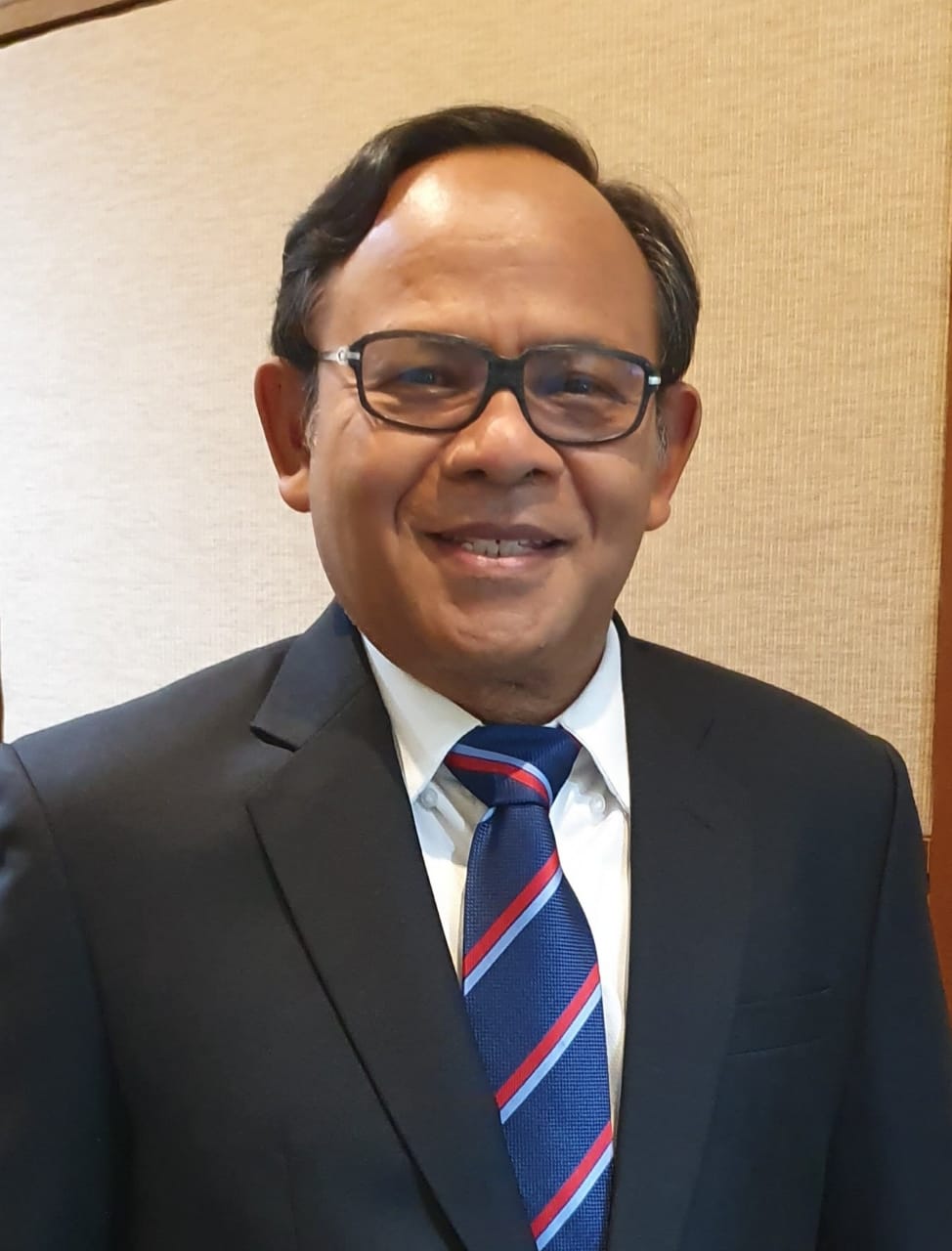Indonesia:
A Living Laboratory for the Muslim World

As the largest Muslim population in the world and outside the Arab region, Indonesia is very interesting place to study. Many Western scholars have conducted research on Indonesian Islam, especially from anthropological, historical and political studies. However, the world community in general always refer to Arabs, Persia or Turkey when they speak about Islam. There are still a limited number of scholars studying Indonesian Islam. Recently it is encouraging as more writings on this undiscovered topic have been written by Western and Indonesian scholars. Indonesia with its experiences, such as in struggling for independence, building a nation, implementing democracy, maintaining ethnic and religious diversity, and introducing Islamic educational system called “pesantren”, is a rich but uniquely Indonesian Islam. Pesantren comes from a word “santri” meaning “student”. Pesantren is a boarding school where santris are studying Islam. This educational system is well established and currently we have about more than one hundred thousand pesantren throughout Indonesia.
A prominent and distinctive picture of Indonesia is: One, Indonesia is an archipelagic country, with a number of large and small islands of not less than ten thousand. Two, Indonesia has a diversity of ethnicities, cultures and languages. There are around five hundred local languages, but long before its independence, Bahasa Indonesia has been adopted as our national language and currently is used by the government and people of around 245 million, a successful achievement in national language politics, perhaps the most successful one in the world. Three, the number of our Muslims is around 87.5 percent of the total population, but Indonesia chose its country’s system as a republic, not an Islamic state. Fourth, since pre-independence period, Islam and democracy live in harmony for Muslims have a strong tradition of encouraging social movements. Muslim scholars introduced democratic principles by establishing social organizations such as Muhammadiyah (1912) and Nahdlatul Ulama (1926), the largest Islamic social organization in the world with around 150 million members. As the largest Islamic social organizations, both are considered as pillars of our democracy. Besides political partiesboth have also contributed greatly and meaningfully to the independence movement in Indonesia.
Having born from the womb of a diverse society whose sacrifice greatly with hundreds of thousands of people died during the struggle for independent period, the Muslim community in Indonesia has introduced tradition of the people's movement that strengthen and rooted in Indonesia’s nationalism. It has also become a solid pillar of democracy. This historical experience has distinguished Indonesian Muslims from Arabians in general who do not enjoy such a tradition of Islamic social movements driven by the middle-educated class. This factor 2 might explain why the Arab Spring movement in the Arab world in 2010 did not fully succeed in building democracy in the Arab world.
The spirit of Islam and nationalism have been mutually strengthened and developed in harmony so there is no reason to confront them. In Indonesia, Pancasila is a national and state philosophy as well as ideology whose substance is much inspired by Islamic teachings that unanimously accepted by all religions exist in the country. This shows that the understanding and practice of Islam in Indonesia is basically inclusive and moderate. The Government adopts non-discriminatory treatment policy to all religions recognized by our Constitution, they receive financial and political support. Furthermore, the Government also offers their respective religious and sacred days as our national holidays. In terms of respecting religious diversity, Indonesia is perhaps more democratic than the United States.
In the world of religious education, one of the unique aspect of Indonesian Islam is the fertility of boarding school pesantren that conducts hybrid education system: classical and contemporary sciences of Islamic teachings and national curriculum that educates modern science. Pesantren levels are junior and senior high school, both in total lasting for six years. All santris are living in dormitories so it builds a learning society and creates scientific integration. There is no longer a dichotomy between general science and religion, profane-secular science and religion, given that all knowledge comes from God, only the methods are different. There is a revealed knowledge, and there is an acquired knowledge.
We need to understand the dynamics of Islam in Indonesia that is inseparable from the dynamics of Islam globally. As we know, Islam has been instrumental in connecting its adherents to connect with fellow Muslims living in other parts of the world. An emotional and intellectual connectedness. In addition to the doctrine of tauhid, the hajj is a symbol and means that creates and perpetuates a sense of global Islamic solidarity through religious ritual. If one day the fields of science and economics develop, the emotional solidarity will grow into a collaborative civilization so that the Islamic world would again extends its great contribution to the world as used to be during the medieval times. Isn't that the wheel of the nation's glory spinning? The Qur’an says: the life of the nation always has ups and downs, and the glory periods take place between them (Ali Imran, 3: 140). Thank you and have a nice journey to the dynamic Islamic world.
Prof. Dr. Komaruddin Hidayat
Rector of the Indonesian International Islamic University